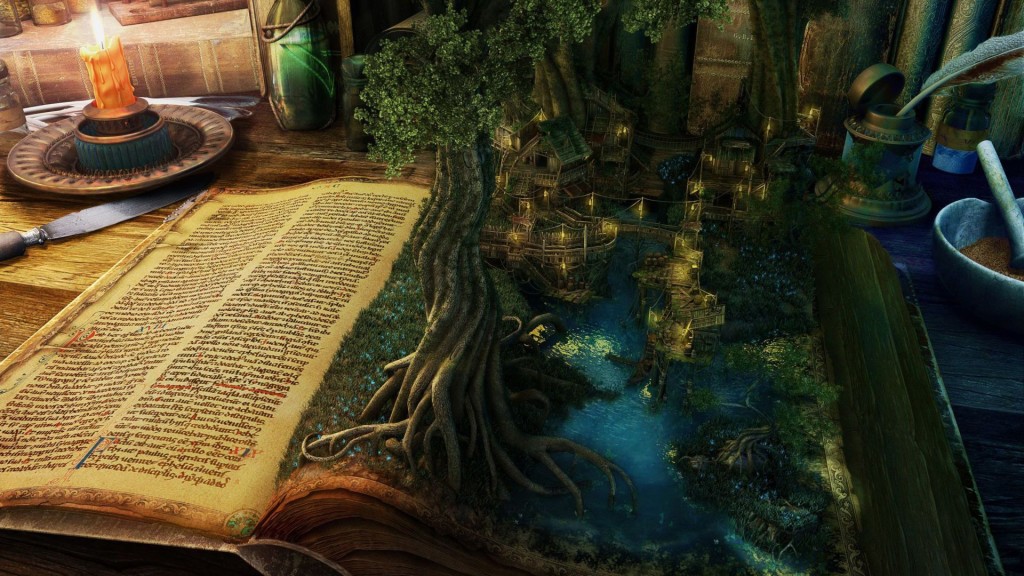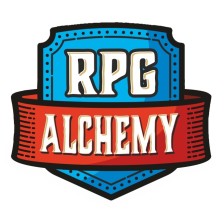You like your game master, right? They work really hard and spend a lot of time building awesome adventures for you and your friends to play in. They develop awesome bad guys for you to wade through and destroy. Seems like you always get to win and they always lose. Super fun for you, right? Well maybe you can help your game master out a little with building those awesome adventures. Here are five ways you can help your game master out with creating an awesome game session.
 Build Characters with Personality
Build Characters with Personality
Building a well-defined character with personality quirks will help bring memorable moments to the game. If your character doesn����t like to enter holy buildings, is extremely sarcastic in life or death situations, and will fight anyone to the death that touches his smoking pipe, I can already tell you some things that are going to happen to your character in my campaign.
He is going to encounter holy buildings that have things he wants inside of them. He is going to encounter life or death situations (because I want to hear your sarcastic remarks). And, someone at some point is going to try and touch his smoking pipe. And all of those little things are moments you����ve given to the game master and players simply by building a well-defined character.
Open-Ended Background Hooks
An open-ended background hook is something that is specific enough that it portrays the idea that the player wants for his character, but isn����t so specific that the game master has to build something specifically catered to that idea. If a character����s background says that he wants to ����recover his father����s longsword, ����Branite����, that was stolen by Graylin Frothguard a member of the Black Hand Thieves����, that is pretty specific. The game master now has to create Graylin and possibly the Black Hand Thieves and devise a way to build them into a storyline he may have already developed.
If a character����s background says that he wants to ����recover a long-lost family heirloom that was stolen����, but it doesn����t specify exactly what it is, then that leaves a lot up to the game master. The game master can take that idea and mesh it with something that he had already developed for the campaign. The end result of either background idea is mostly the same, but one is very game master friendly and one is not.
Take the Bait
If you walk into a bar and a group of ruthless looking gamblers offer you a seat at their table, take it! If a traveling visionary offers to let you see your future for some absurd amount of money, maybe you should take them up on the offer even if you can����t afford it! If you see a very oddly placed house in the middle of a dark and ominous forest, go check it out! The game master put it in the game for a reason. Aren����t you there to find out the mysteries of the story that you����re playing in? You may or may not be a conservative, low-risk taker in the real world. But we play roleplaying games to have fun and do things that we won����t, or can����t, do in real life. That is half the fun of gaming! If your character dies for some reason, guess what, you can make a new one����/p>
Be Flexible
I think flexibility is a defining attribute of a great gamer. Whether it is flexibility with a gaming schedule, with the game rules, with the storyline, or any aspect of gaming, being an adaptable person that can roll with whatever the game gives them is a mark of a great player. Since the game master often seems to also double as the event coordinator for many game sessions, being a flexible player makes their life easier. If the game starts fifteen minutes late, a rule gets overlooked in-game, a story aspect has to be ret-conned, does it really matter a lot in the grand scheme of things? Sure we don����t want that type of stuff happening all the time, but it is a game and we����re here to have fun.
Do Stuff
Talk to NPCs. Decide on courses of action. Make plans with other players. All of these things are examples of DOING STUFF. You showed up to play a game right? So play the game! This is such a simple concept but so often players get stuck in the mode of waiting for the game master to ferry them to the next point of adventure. You don����t have to wait for it. As a player, you can make it happen now!
By doing these five little things, you����ll help your game master do some of the heavy lifting. In addition to that, you get to somewhat indirectly affect how the game session develops and become an even bigger influence on everyone at the table having an enjoyable time. Small things like this also help prevent both game master and player burnout by keeping everyone involved and distributing the creative work to everyone.
What are some ways, as a player, you help out your game master?

It’s too bad this doesn’t “go without saying.” Thank you for stating it for those who just don’t get it.
@ Gene – Thanks, Gene. I completely agree that in a perfect gaming world, these rules would go without saying. I can definitely overlook things like character development with especially newer players, but with experienced players those are the types of things I would expect.
If you are playing a more casual game (how casual is gaming already though?), I suppose just showing up and going to town could be the rule of the day. But I’ve always looked at board games for that type of play.
Glad you liked the article!
Samuel Van Der Wall recently posted…The Combat Experience – Don’t Forget the Environment!
Sam did a great job on this article. Sometimes I think we take “social contract” for granted and as a gaming group we often don’t talk about it. A great time time at the table is everyone’s responsibility, each of us has our role to play and success or failure is for the group, not the individual.
John Lewis recently posted…This Week In Roleplaying ���� April 10th, 2015